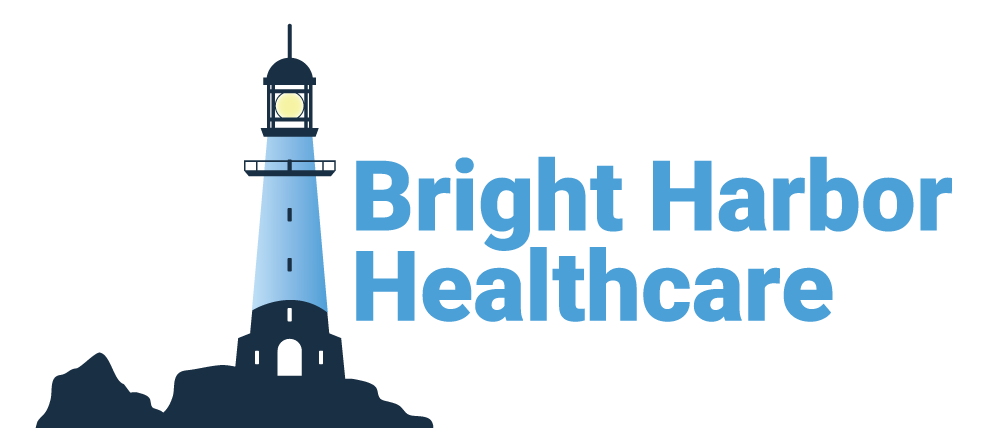I recently had the opportunity to sit down with a few people who attend the Project Recovery program. Project Recovery is a partial day program, which is open from 9am to 3pm. (There is also an evening program which is available three days a week.) During those hours the participants of the program attend groups where they can learn and gain insight, meet with counselors and case managers, see a psychiatrist and even have a chance to share a meal together. I was lucky to share one of those meals with Diana, Barbara and Sue.
Our conversation started over a bowl of tomato soup, salad, and a melt in your mouth grilled cheese sandwich. The three women shared their histories with me, histories filled with long bouts of alcohol and substance abuse, suicide attempts, mental health issues, and the long cycle of recovery and relapse. I realized in our conversation that recovery is not always a destination, but oftentimes a journey.
The conversation moved around to Project Recovery and the role the program plays in their individual journeys. The women spoke of structure, of sharing, and of being a part of a community that understands each other from the beginning. According to Sue the feeling of comfort came from the first contact. She describes her intake counselor, Bethany, as being sympathetic, understanding and caring. “She’s a good person.”
Each of my lunchtime companions recognized the importance in the balance between managing recovery and mental health. Understanding mental health and recovery, learning new coping skills and sharing with a community of peers that understand the complexity and frustrations that are faced all play a valuable role in addressing what mental health providers such as Ocean Mental Health Services often refers to as co-occurring disorders. According to the Program Director, “A co-occurring disorder is when you have two or more issues to address at the same time. In Project recovery that includes a substance abuse issue and a mental health issue.”
For Barbara, the key was not only Project Recovery, but the other services she was receiving at Ocean Mental Health. She also receives services from the SHARE program, which provides support to people living independently in the community. Having that additional support and knowing that the two programs are working together is where Barbara sees the success.
Diana shared with me a recent life tragedy. She lost her husband just a couple of months ago. She credits the Project Recovery program for helping her to maintain her sobriety through this difficult time. The program has kept her from being isolated and has taught her good coping skills, her favorites of which are mindfulness, acceptance and working with change.
But why, with all of the programs and groups available in our community, does Project Recovery stand out? The women knew. Because the program works, because it helps people change their lives and because you gain a support system to help you on your journey – and to help turn that journey into a destination.
